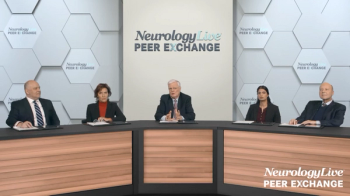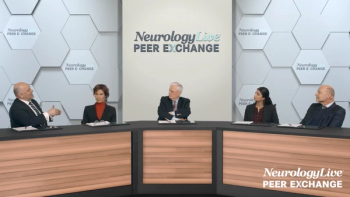
News

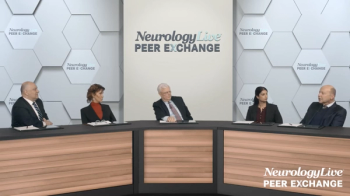
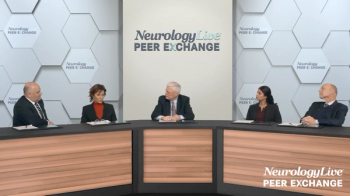
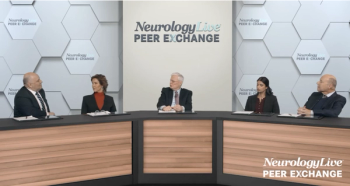
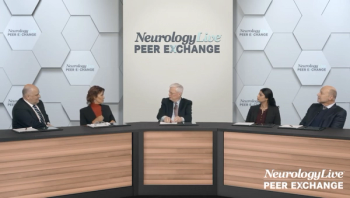
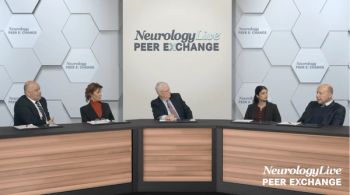
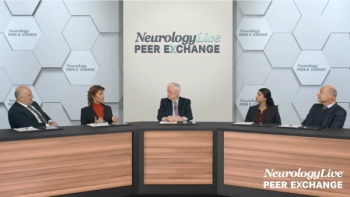
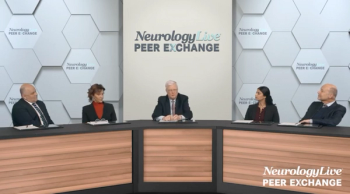
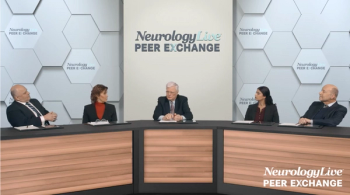
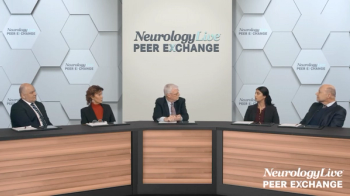

Take 5 minutes to catch up on NeurologyLive's highlights from the week ending April 3, 2020.

What happens to the approximately 24% of pediatric patients with migraine who do not respond to the preventive treatments recommended in the AAN guidelines?

Prospective, observational study data suggest that MRS fat fractions and MRI quantitative T2 values can provide disease progression measures in a sensitive and noninvasive manner.
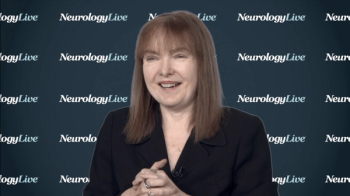
The director of the MS Comprehensive Care Center and interim chair of the department of neurology at Stony Brook University spoke to the importance of properly communicating with patients with MS as a physician.

Treatment with in-hospital remote ischemic perconditioning did not reduce brain infarction volume growth and showed similar mortality rates for the intervention and control groups in the RESCUE-BRAIN study.
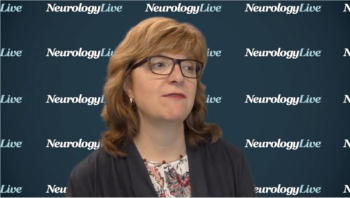
The director of Pediatric MS and Wellness programming at the Mellen Center and assistant professor of neurology at Cleveland Clinic Lerner College of Medicine discussed the harsh realities of patients adopting a new treatment method.

The PROMISE-2 clinical trial data suggest that the recently approved, IV-administered eptinezumab (Vyepti; Lundbeck) is effective in both 100- and 300-mg doses for patients with chronic migraine.
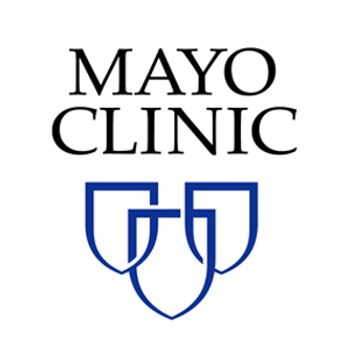
Mayo Clinic is in the forefront of changing practice techniques during the COVID-19 pandemic by using video appointments to reach patients.

NeurologyLive’s parent company, MJH Life Sciences, will be hosting the virtual MJH Life Sciences Sleeves Up Blood Drive from March 31 through April 30.
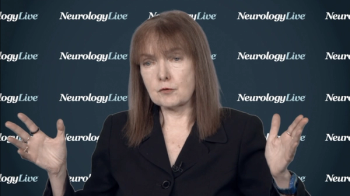
The director of the MS Comprehensive Care Center and interim chair of the department of neurology at Stony Brook University spoke to the debates around halting and beginning treatment in patients with MS.

The agency has assigned a PDUFA date of July 31, 2020, for the purified CBD treatment which has been previously approved for Dravet and Lennox-Gastaut syndromes.

Pediatric patients with focal-onset seizures experienced significant reductions in their 24-hour seizure rates compared to placebo when administered adjunctive 14 mg/kg per day pregabalin (Lyrica; Pfizer).

Cognitive change over time was similar in both the aspirin and placebo groups.

Full data from the ARCADE study of Ovid’s soticlestat is expected to be released in the first quarter of 2021.
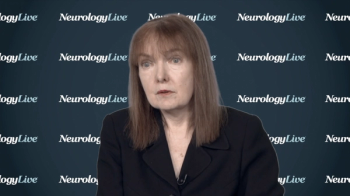
The director of the MS Comprehensive Care Center and interim chair of the department of neurology at Stony Brook University discussed the need for more originality in the MS pipeline.

Watch Mitzi J. Williams, MD, lead a discussion of the latest best practice guidance and real-world cases of COVID-19 in patients with multiple sclerosis.

Systemic blood pressure of

The executive vice president of research and development at Jazz Pharmaceuticals discussed what the clinical community needs to know ahead of the regulatory decision on JZP-258 in the treatment of cataplexy and excessive daytime sleepiness in narcolepsy.

Study results suggest that unexplained seizures in older adults may also be a first sign of a neurodegenerative disease.
